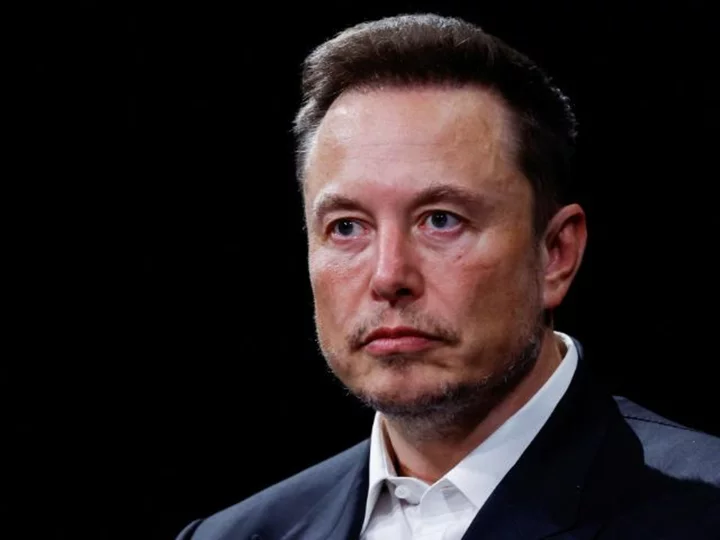Elon Musk has called himself a free-speech absolutist and has praised "even my worst critics." But now Twitter has threatened to sue a nonprofit known for sharply criticizing the platform for its handling of hate speech and misinformation.
In a July 20 letter shared publicly Monday, Twitter threatened to sue the Center for Countering Digital Hate, accusing the group of a campaign to hurt Twitter by driving away its advertisers. The CCDH has published numerous reports about various social media companies' approach to everything from vaccine misinformation to online racism and antisemitism.
The letter by Alex Spiro, an outside attorney representing Twitter owner Elon Musk, alleges that CCDH has made "inflammatory, outrageous, and false or misleading assertions about Twitter and its operations" through its reports, which he argued lack scientific rigor.
To back up his claim, Spiro cited one report in which CCDH staff flagged tweets from 100 Twitter Blue subscribers to the platform as being harmful and found that after several days, the company had not taken action on the vast majority of it. The resulting CCDH report said Twitter had failed to act on "99% of Twitter Blue accounts tweeting hate."
"This article leaves no doubt that CCDH intends to harm Twitter's business by driving advertisers away from the platform with incendiary claims," Spiro wrote to CCDH CEO Imran Ahmed, adding that Twitter is investigating whether it can sue the nonprofit for making false descriptions of the company.
CCDH tweeted Spiro's July 20 letter along with the organization's reply to Twitter — which Musk has since rebranded as X — that called the legal threat "ridiculous."
"These allegations not only have no basis in fact (your letter states none), but they represent a disturbing effort to intimidate those who have the courage to advocate against incitement, hate speech and harmful content online, to conduct research and analysis regarding the drivers of such disinformation, and to publicly release the findings of that research, even when the findings may be critical of certain platforms," wrote CCDH's attorneys in a response dated Monday.
Spiro didn't immediately respond to a request for comment.
Since taking over Twitter, Musk has slashed roughly 80% of the company's staff, including many working on the platform's content moderation teams.
In December, Twitter shuttered its Trust and Safety Council comprised of outside experts on online safety, human rights, mental health, suicide prevention and child sexual exploitation.
Reports from multiple groups, including CCDH but also the Anti-Defamation League as well as researchers from Tufts University and the University of Southern California, have pointed to observed increases in hate speech.
Musk claimed that impressions of hate speech — which he described as based on a list of "bad words" — declined in the month following his takeover.
But concerns about the platform's handling of hateful content under Musk last year have persisted, prompting many brands to pause their advertising on Twitter and contributing to sharp financial losses at the company.
Despite claiming in April that most of Twitter's advertisers had returned, Musk acknowledged this month that Twitter's ad revenue remains down by 50% and that the company is still cash-flow negative.
In addition, Twitter has made changes to its platform restricting how third parties can access its data, a move that has drawn widespread criticism from academic researchers who study extremism and other online harms. The changes, which require researchers to pay hefty fees, could inhibit studies on how misinformation, harassment and spam spread on Twitter, experts have said.
Threatening lawsuits has become a favored tactic for Musk as Twitter faces continued pressure. Earlier this month, Twitter threatened to sue Facebook-parent Meta over the launch of its competing app, Threads, accusing the company of copying Twitter's product through trade secret theft. In May, Spiro sent a letter to Microsoft accusing it of over-using its ability to download tweets from the platform as Musk stepped up his criticism of the Redmond, Wash.-based tech giant as a perceived rival in artificial intelligence technology.

